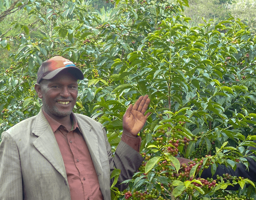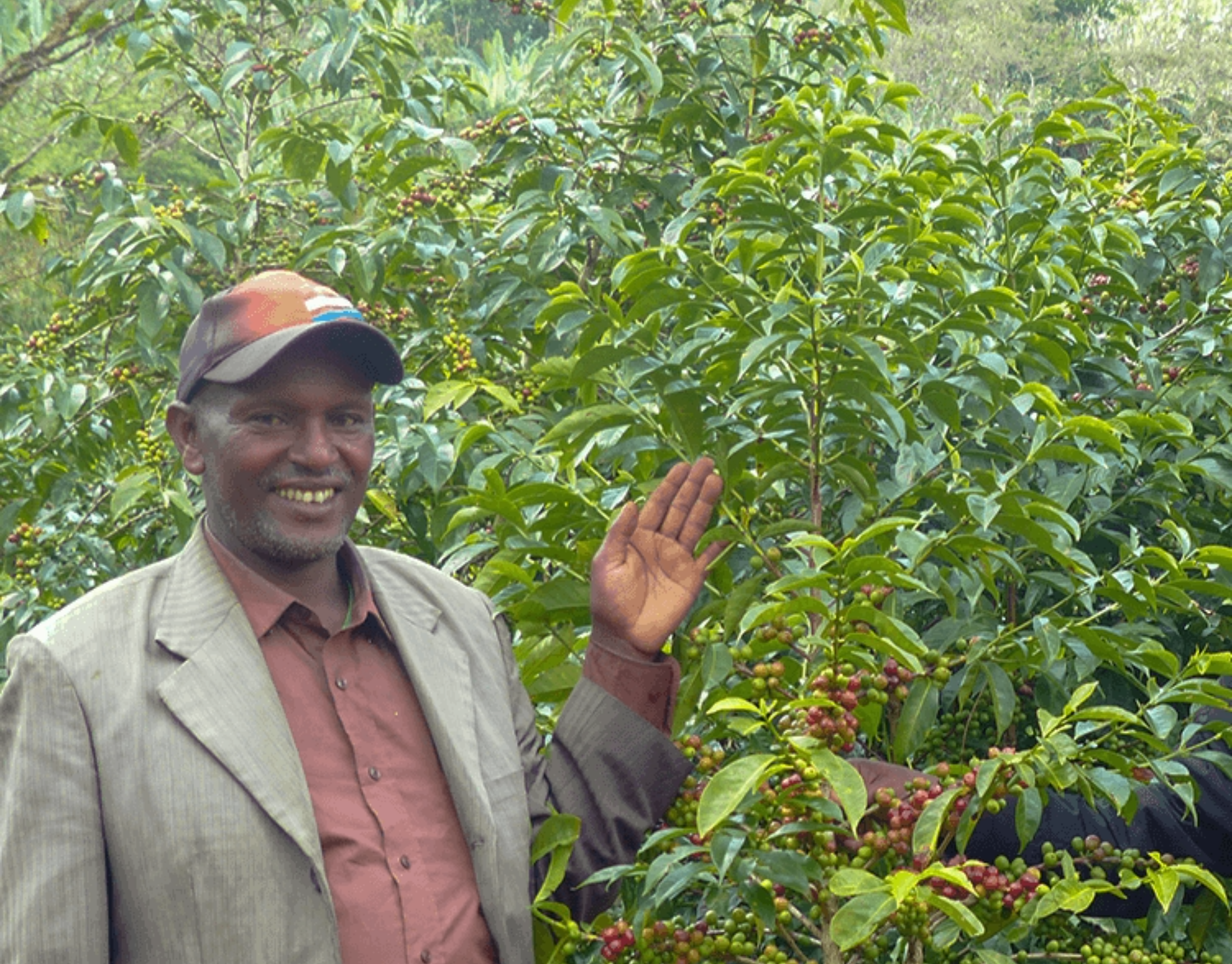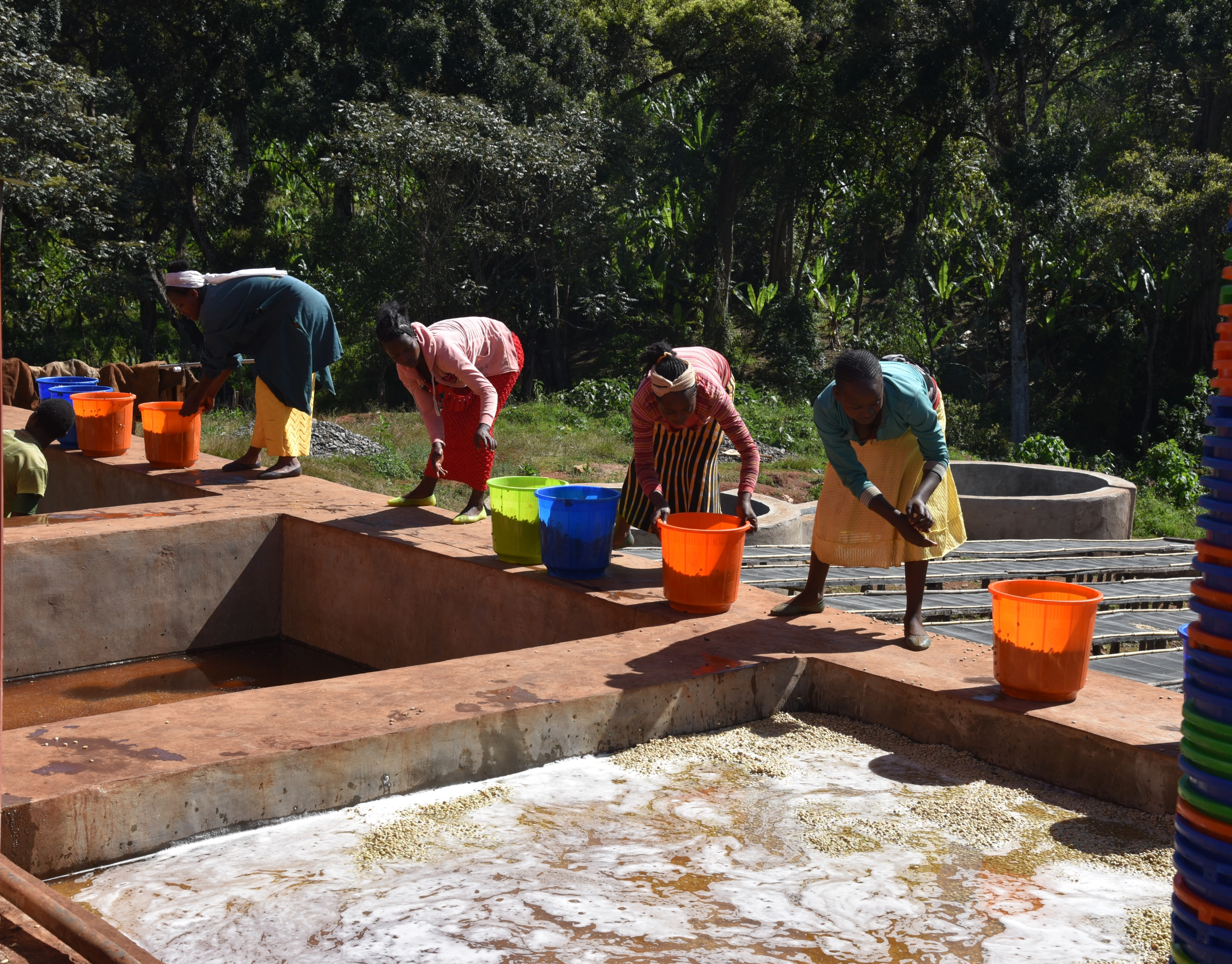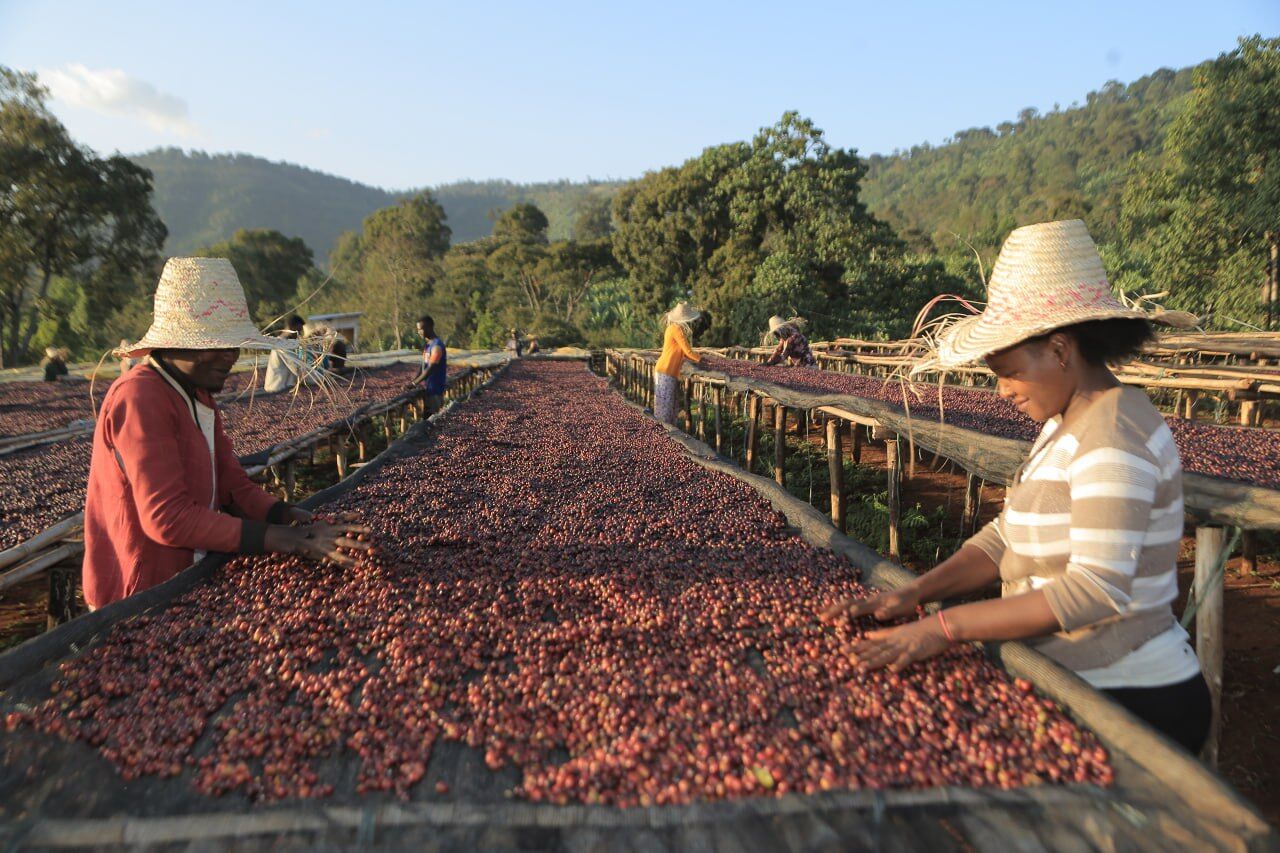Metad started in 2010 (founded by Aman Adinew later joined by his brother Tariku) in Gedeb Woreda with a wet mill located in Halo Beriti Kebele, where they produce both washed and natural processed coffees. They source cherries from outgrowers in Halo Beriti. The coffee varieties grown by the outgrowers include 74110 and 74140 (distributed by Metad), as well as heirloom varieties. In the Gedeo region, farmers commonly cultivate local landrace varieties such as Dega, Kurume, and Wolisho. Gedeo farmers grow coffee in a polyculture agro-ecologic system known as "garden coffee". Coffee and ensat are usualy intercroped, two plants domesticated by Ethiopian farmers in history.
Metad collects the cherries and processes them at their wet mill. The cherries are dried on African drying beds for approximately three weeks. Once dried, the jenfel (dried pod) is hulled in Gedeb and hand-sorted. The green coffee is then transported to Metad’s dry mill in Legatafo, on the outskirts of Addis Ababa.
Metad oversees the entire post-harvest and export process, maintaining full control over quality, dry milling, and logistics.
Belco and Metad have been working together since 2018, united by a shared vision of quality, environmental responsibility, and respect for the people involved throughout the coffee value chain.
Here are a few words from Tariku Adinew:
"METAD wants to make our community happier and healthier, and we pride ourselves on implementing ethically and socially responsible practices across our company. A portion of all profits are reinvested back into the community, going towards the building of clinics, roads and digging wells for safe drinking water, among other initiatives. We have adopted a local elementary school, providing over 850 students with much needed supplies and financial support, we also provide University scholarships to 105 disadvantaged students from our area, and we’ve partnered with Grounds-for-Health, a US-based NGO working with coffee farming communities to eradicate cervical cancer in women. Over 70% of METAD’s current farm workforce are women."





